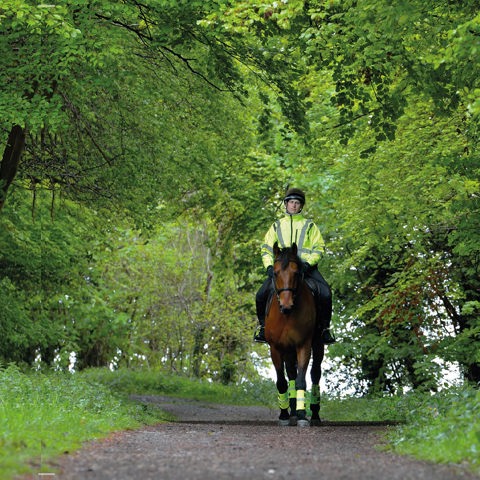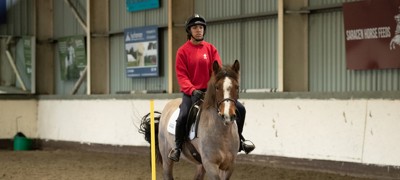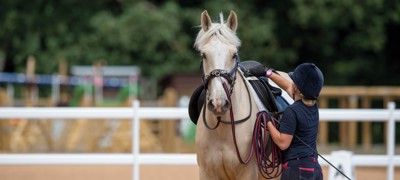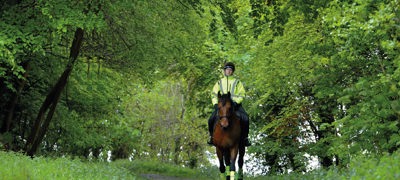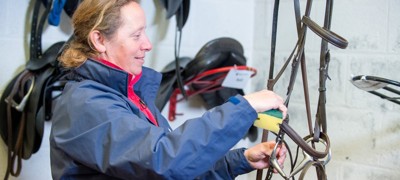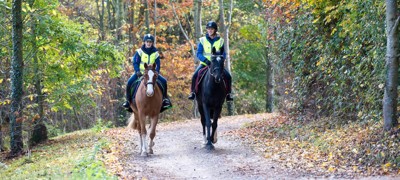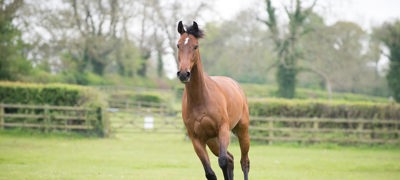Be honest with yourself
Take some time to reflect on the following questions:
- What is your current riding experience?
- What is the experience of your horse, or of your potential horse?
- What are your goals?
- If you currently own or loan a horse, does that partnership feel like it is working?
Avoid defining your skills as novice, amateur, intermediate, experienced, as these terms can be interpreted differently. Think instead of what you can do confidently and what type of horses you are used to riding.
And it’s not just about riding, how much handling experience do you have?
It is always good to get a second opinion too. Ask your coach and see if their assessment about you matches your own.
Once you can be honest and truthful about your own ability and goals you are ready to assess your current partnership or find a new one.
Find a horse to match
If you are looking to gain experience at a higher level or you want to progress in a new ridden activity, then a horse that already has experience at it will help develop your confidence.
Alternatively, if you are confident and happy with your riding but want a new challenge, getting an inexperienced horse and training them to your level can be highly rewarding.
It is also possible for you and your horse to progress together. But it is important to recognise when you may need extra support if you are doing something new, so that you or your horse don’t lose confidence.
Think about the following questions:
- What do you enjoy most in your riding?
- What are you confident in?
- What situations do you have experience in handling?
- Would you prefer a horse that tests your skills on the ground or under saddle?
Remember that no horse is perfect. If you find a horse that sounds right for you, ask what their quirks are.
Importantly, before you even try a horse, see if the current owner can send you plenty of photos and videos of the horse in different situations on different days, and see someone ride him before you do.
We’d also recommend taking your coach with you to try out any potential horses.
Out of sync with your current horse?
Any partnership can have bumps along the road – ask yourself is the change recent? Have you recently had a bad ride, near accident or fall? This might shake either, or both, your confidences and you might find that whilst your capability is still there you need to take a step back to get back on track.
There are a few things you can do to achieve this:
- Make sure that your horse is up to date with visits from the saddler, Equine Dental Technician, the physiotherapist, and the farrier.
- Ensure your body is functioning correctly too. Visit a sports physiotherapist and osteopaths if necessary.
- Book yourself some lessons with a BHS Accredited Professional Coach.
- Take the pressure off by taking a break from competing, and attend clinics and arena hires instead.
Know your limits, and those of your horse
You may no longer be riding at the level you were at previously, or you may have decided to focus on a different discipline. It is important to consider if your horse is happy to work at this new level or discipline?
Continually assess your horse's capability as this will also change over time, due to age or injury. Ensure you are working within your horse's capabilities and are providing them with the right type and amount of activity.

